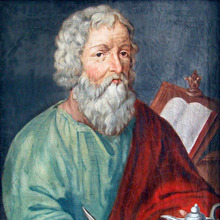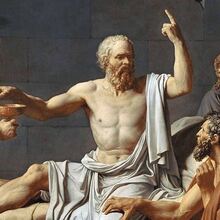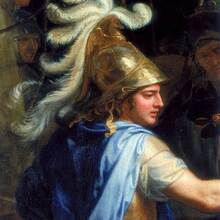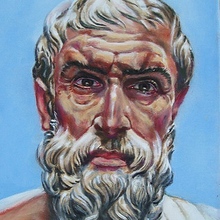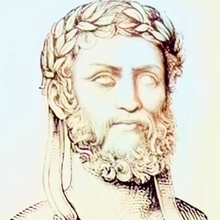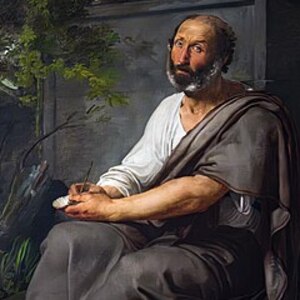
Personal
Other names:
Job / Known for:
Philosopher
Left traces:
Writings on logic, metaphysics
Born
Date:
-384-07-01
Location:
GR
Stagira, Chalcidian League, Greece
Died
Date:
-322-06-07 (aged 62)
Resting place:
GR
Death Cause:
Natural Causes
Family
Spouse:
Herpyllis
Children:
Nicomachus
Parent(s):
Father: Nicomachus, Mother: Phaestis
QR Code:
Show More
Rank
Users ranking to :
Thanks, you rate star
Ranking
5.0
1
Fullname
Aristotle
Fullname NoEnglish
Ἀριστοτέλης
Slogan
We are what we repeatedly do. Excellence, then, is not an act, but a habit
About me / Bio:
Show More
Article for Aristotle
Died profile like Aristotle
Comments:

